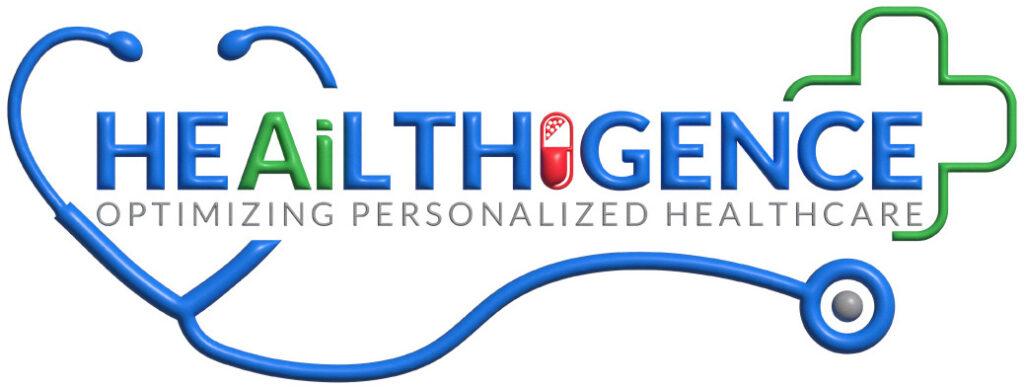Our clinical decision service is a cutting-edge tool designed to assist healthcare professionals in making critical treatment decisions. Using advanced AI algorithms and data analysis, our service provides evidence-based recommendations tailored to each patient’s unique medical history and condition. With a formal tone of voice, our service ensures that healthcare professionals receive accurate and reliable information to support their decision-making process.
Our service gathers comprehensive patient data, including medical records, test results, and relevant research, to generate personalized recommendations. By analyzing this data, our algorithms can identify patterns, predict outcomes, and suggest the most effective treatment options. The formal tone of voice used in our service ensures that the information provided is clear, concise, and professional, allowing healthcare professionals to confidently make informed decisions and provide the best possible care to their patients. With our clinical decision service, healthcare professionals can have peace of mind knowing that they are using the latest evidence-based guidelines to guide their treatment plans.
Application areas
We provide a wide range of clinical decision support system (CDSS) applications across various medical specialties and healthcare settings. Here are some examples of CDSS applications:
-
Diagnostic Support: Aid in diagnosing complex medical conditions by analyzing patient data, symptoms, and medical history, providing potential diagnoses or differential diagnoses to assist healthcare professionals in their decision-making.
-
Medication Management: Check for drug interactions, allergies, and contraindications, helping healthcare providers choose the most appropriate medications and dosages for patients while minimizing the risk of adverse reactions.
-
Alerts and Notifications: Monitor patient data in real-time and issue alerts or notifications to healthcare providers when specific conditions or critical events are detected, ensuring timely interventions.
-
Clinical Guidelines Adherence: Assist healthcare professionals in following evidence-based clinical guidelines and best practices for various medical conditions, promoting standardized and quality care.
-
Imaging Analysis: Aid in the interpretation of medical images, such as X-rays, CT scans, and MRIs, by highlighting potential abnormalities or providing automated measurements to support radiologists’ assessments.
-
Chronic Disease Management: Help monitor and manage chronic conditions by tracking patient data, providing treatment recommendations, and facilitating patient engagement and self-management.
-
Risk Assessment and Stratification: Assess patient risk factors and stratify individuals into different risk categories for various diseases or adverse outcomes, enabling targeted interventions and resources allocation.
-
Precision Medicine: Analyze patient genomic data and biomarkers to guide personalized treatment options, tailoring therapies based on an individual’s unique characteristics and genetic makeup.
-
Surgical Decision Support: Assist surgeons in making informed decisions by providing preoperative planning, analyzing patient data, and offering insights into potential risks and outcomes.
-
Remote Monitoring: Support remote patient monitoring, collecting data from wearable devices and home health monitoring systems, facilitating early detection of health issues and reducing hospital readmissions.
-
Clinical Documentation Improvement: Aid healthcare providers in improving the accuracy and completeness of clinical documentation, ensuring better coding, billing, and reimbursement processes.
-
Infection Control and Surveillance: Assist in tracking and managing healthcare-associated infections by analyzing data from various sources, helping to implement effective infection control measures.
-
Pediatric Decision Support: Specialized pediatric care, considering age-specific factors and providing tailored clinical decision support for child and adolescent patients.
-
Geriatric Care: Healthcare professionals in managing the complexities of elderly patients, considering age-related conditions and medication interactions that are common in geriatric care.
-
Telemedicine Support: Integrate with telemedicine platforms, offering decision support to healthcare providers during virtual consultations and remote patient encounters.
These applications demonstrate how CDSS using HEAiLTHIGENCE platform can enhance medical decision-making, improve patient outcomes, and streamline healthcare workflows in diverse clinical scenarios.

